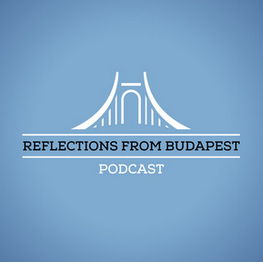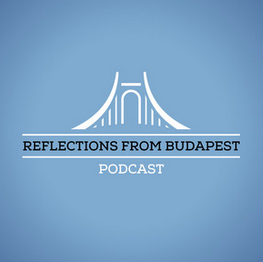RFI’s Middle East Director Jeremy Barker was recently interviewed by Danube Institute (Budapest) research fellow Sáron Sugár on how “Iraqi Christians Only Have a Future if the Country Will Be a Safe Place for its Diverse Minorities.” In a wide-ranging discussion, Barker pointed to persistent discrimination, restrictions, social hostilities, and other forms of marginalization and abuse that Christians and other religious minorities in Iraq continue to endure. He also outlined a major problem with many traditional aid programs intended to help Christians, Yazidis, and other minority communities there. That is, only a small fraction of the money ever gets to these groups while the rest seems to disappear. There are, however, aid models that have worked. Barker noted the “direct approach” of Hungary Helps as a case in point.
Despite the steep challenges, Barker emphasizes:
the historical resilience of [Iraq’s] Christian communities facing persecution, which may be reason for optimism. He added that during his fieldwork in Iraq, he spoke with many Christians who invest in the community, have a vision for a thriving future and work to preserve their religion’s psychical heritage. In his view, there definitely is hope, but it requires a lot of work to secure a future in which in Iraq and Kurdistan there is space for all communities, including Christians.
Read the full interview: “Iraqi Christians Only Have a Future if the Country Will Be a Safe Place for its Diverse Minorities — A Discussion with Jeremy P. Barker.”
Barker was also featured on the Danube Institute’s podcast titled, “Reflections from Budapest” (links to parts 1 and 2 below).
THE RFI BLOG

Does Southeast Asia Lead the World in Human Flourishing?

RFI Leads Training Session on Religious Freedom Law and Policy for U.S. Army War College

Oral Argument in Charter School Case Highlights Unconstitutional Motives Behind OK Attorney General’s Establishment Clause Claim

Largest Longitudinal Study of Human Flourishing Ever Shows Religion’s Importance

Keys To Human Flourishing: Faith And Relationships Outweigh Wealth
CORNERSTONE FORUM

Reaffirming Religious Freedom: Bridging U.S. Advocacy and Iraq’s Constitutional Framework

Political Polarization, Same-Sex Marriage and Religious Liberty

Bridging the Gap Between International Efforts and Local Realities: Advancing Religious Freedom in the MENA Region

Challenges to Religious Freedom in Iraq and the Critical Need for Action



